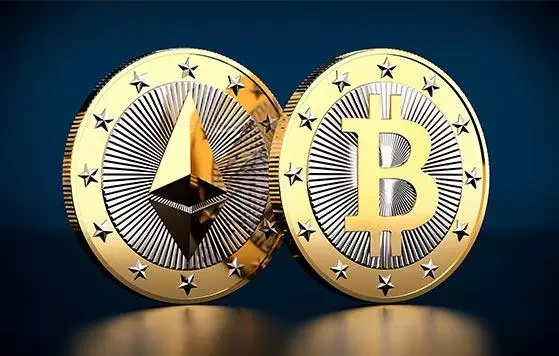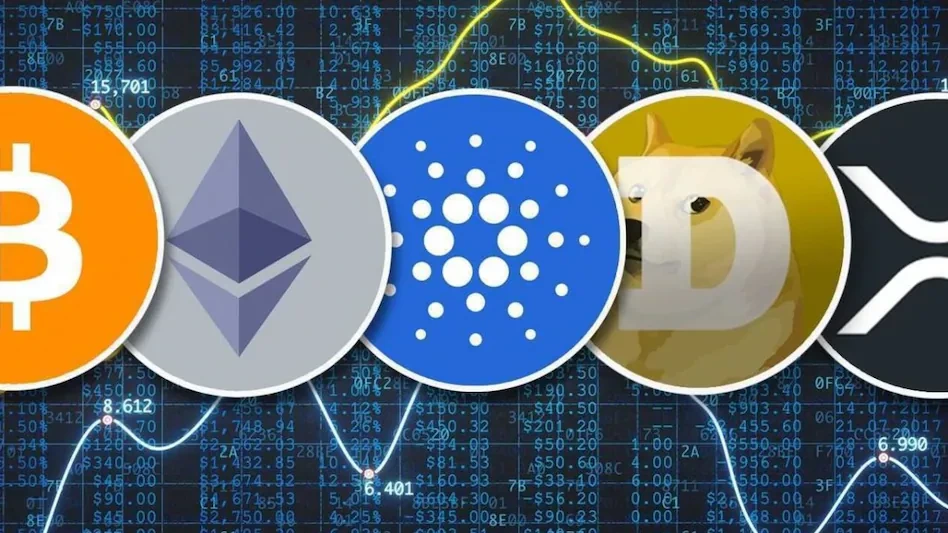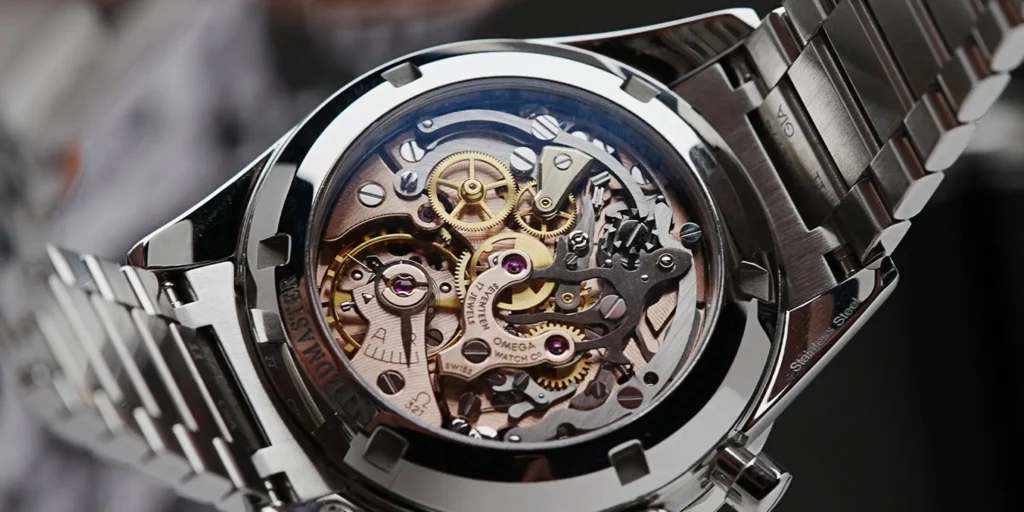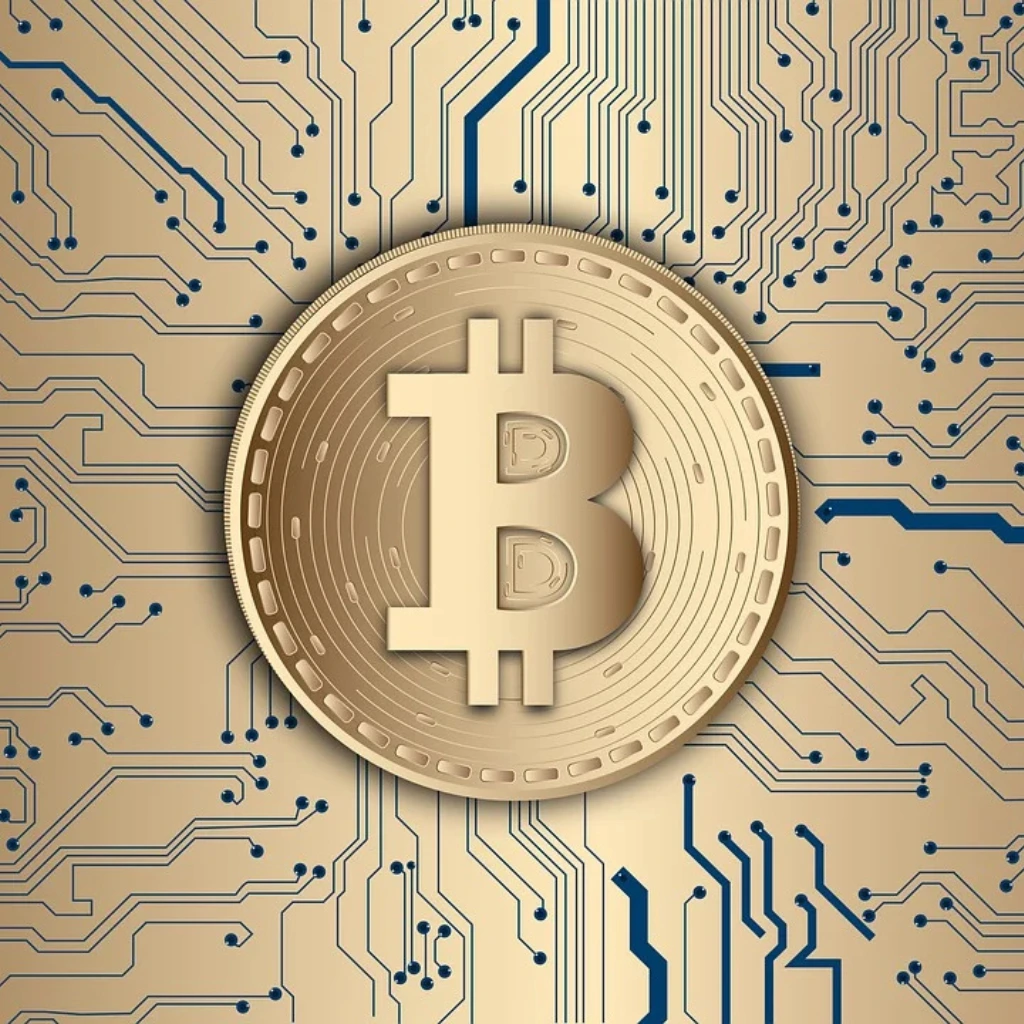Can You Really Tokenize Real Assets? Here’s What That Actually Means
You’ve probably heard the phrase “tokenizing real assets” tossed around in crypto circles or on LinkedIn think-pieces. Maybe you nodded along, maybe you Googled it — or maybe you just assumed it was another buzzword. Either way, let’s break it down like real people: What does it actually mean to tokenize real-world stuff like real estate, art, or even… a barrel of oil?
And can it even be done, legally or technically? Short answer: yes. Longer answer? Let’s talk.


What Does Tokenizing Real Assets Even Mean?
Okay, so picture this: you’ve got an apartment in Brooklyn. Or a vintage Rolex. Or, if you’re really fancy, a Picasso. Traditionally, selling these things meant paperwork, middlemen, and a whole lot of patience. But tokenizing real assets flips that on its head.


In essence, it’s about converting ownership of a real-world item into digital tokens — usually on a blockchain. These tokens represent partial or full ownership, and they can be traded or held just like any cryptocurrency.
Sounds wild, right? But this isn’t science fiction. It’s already happening.
Why Tokenizing Real Assets Is Catching On (Slowly, But Surely)
Let’s be honest: the idea of buying “part of a building” with just a few clicks should feel weird. Yet it’s becoming more normal. The reason? Tokenization offers some real benefits — like liquidity, fractional ownership, and a global pool of investors.
Instead of needing $500K to buy a whole apartment, someone could invest $5K and own a fraction of a tokenized unit. That’s a big deal, especially for younger or international investors.
Plus, tokenized assets are way easier to transfer than traditional ones — no realtors, no brokers, no waiting three weeks for a bank wire. It’s finance without the fluff.
The Challenges of Tokenizing Real Assets (It’s Not All Magic)
Now, before we get too starry-eyed — this stuff isn’t perfect. There are still legal gray zones, technical hurdles, and, honestly, a bit of trust required.
For starters, who guarantees that your token actually ties to the physical asset? Is there a custodian? A legal contract? A government-regulated structure? These questions don’t always have crystal-clear answers.
Then there’s the issue of regulation. Depending on where you live, tokenizing real assets might fall into securities territory — and that means strict compliance rules. Some platforms are navigating this well. Others? Not so much.
So, yeah… the tech is there. The law? Catching up — slowly.
Use Cases: Where Tokenization Is Already Happening
Real estate is the poster child here. Buildings in New York, Dubai, and Berlin have already been fractionalized and sold via tokens. You don’t need to be a billionaire — just a verified user with a few hundred bucks.
But that’s not all. Tokenizing real assets has made its way into:
- Precious metals (think gold vaults in Switzerland)
- Fine art (Banksy prints, anyone?)
- Wine and whiskey (yes, seriously)
- Carbon credits and farmland (a bit niche, but growing)


These are things that were once reserved for insiders or ultra-high-net-worth folks. Now? You and I can get a piece — at least in theory.
So… Should You Care About Tokenizing Real Assets?
If you’re into investing, tech, or just new ways of thinking about ownership, then yeah — probably. Tokenizing real assets could democratize access to wealth-building tools that were once gated off.
Of course, caution is key. Not every project is legit. And some may never deliver the promised value. But the core idea — making real-world assets more accessible through blockchain — is hard to ignore.
This isn’t just crypto hype. It’s an early peek at how we might own, trade, and value things in the years to come.
Final Thoughts: Tokenizing Real Assets Is Happening — Slowly but Surely
So, can real-world assets be tokenized? Absolutely. Is it smooth and seamless? Not yet. But tokenizing real assets is more than just a crypto trend — it’s a shift in how we think about ownership, investment, and access.
The next time you hear someone talking about digital real estate tokens or gold-backed crypto, don’t roll your eyes — lean in. This could be one of the more practical blockchain use cases out there.
And who knows? That old watch sitting in your drawer… maybe one day, someone will tokenize it.
Relevant Link : Here





